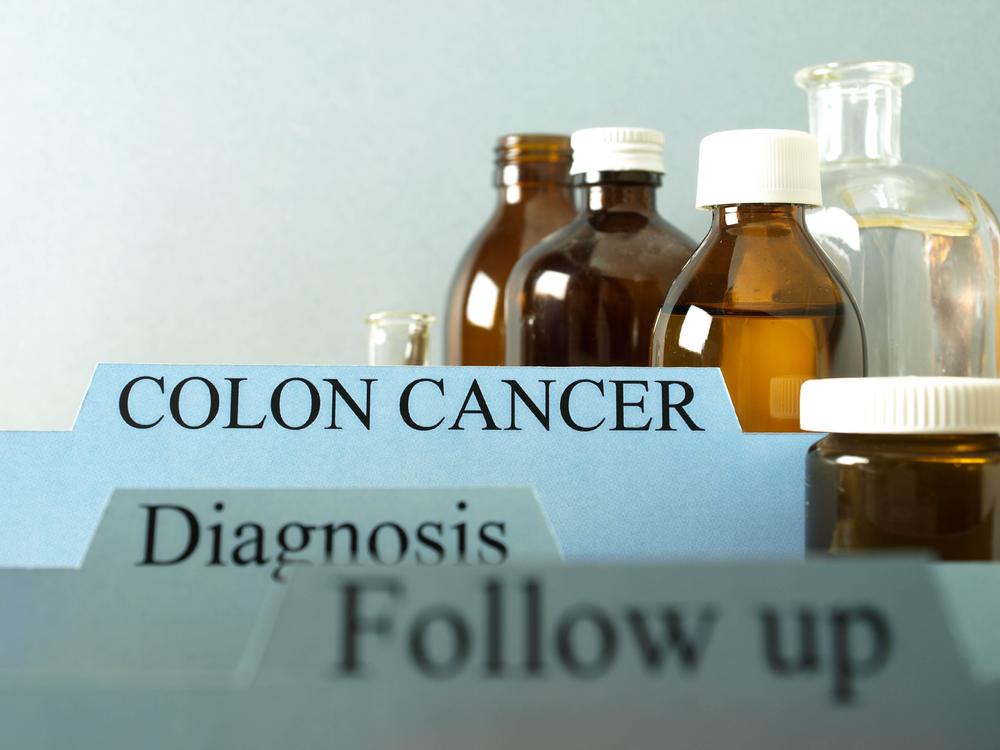
Modifying the Risk Factors of Colon Cancer
Colorectal cancer is a type of cancer that begins in the rectum or colon, and is commonly referred to as colon cancer. Both the rectum and the colon are located in the lower portion of the digestive system. The early stages of this disease may not present any symptoms, but some include constipation, diarrhea, and changes in stools including color and shape. Some factors may increase the risk of developing colon cancer, including the following:
1. Main risk factors for colon cancer
Studies show that there are some clear attributes, behaviors, dietary and lifestyle choices that are associated with the development of colon cancer. They may be either high or low risk and include:
- Being above 50 years of age
- Gender, race, and ethnicity
- Personal history
- Family history
- Genetic syndromes
- Inflammatory bowel diseases
- Unhealthy diet
- Sedentary lifestyle
- Tobacco and excessive alcohol use
- Being overweight/obese
2. Modifiable risk factors
Certain habits, dietary choices, weight, and physical activity are strongly connected with the development of colorectal cancer as compared to other forms. Altering and modifying these habits and lifestyles can significantly reduce the risk factors for colon cancer.
Some risk factors cannot be changed. For instance, age, race, gender and ethnicity, family history, and genetic predisposition are unalterable aspects. Family history, where a close family member such as a parent or sibling has been diagnosed with the condition, increases the risks by 1:3 for other members. Personal history of having type 2 diabetes, Crohn’s disease, ulcerative colitis, precancerous polyps, etc. can also put people at higher risk. If the patient has been previously treated with abdominopelvic radiation for other cancers, it can increase the risk factor for colon cancer.
However, risks that can be altered include:
- Diet
- Long-term, regular consumption of fatty red meats (beef, pork, lamb) and animal fats, processed meats, refined foods, high-temperature cooking (barbecue, pan-frying etc), grilled, charred, or burnt foods, a diet low in fiber, fresh fruits, and vegetables and whole grains, and dairy-rich products are unhealthy dietary choices. Modifying these food habits is known to provide better immunity and contribute to higher resistance against a variety of cancers.
- Unhealthy diets contribute to weight gain, obesity, and the development of diabetes.
- Reducing foods that cause inflammation like pickles, cured meats, and salt-rich foods is beneficial for the condition. Taking nutritional supplements like folate is known to reduce colon cancer risk. Some studies have linked regular use of low-dose aspirin and NSAIDs with colon cancer prevention.
- Lifestyle and exercise
- Developing a regular and consistent exercise routine early in life helps to keep the weight in control and provide adequate flexibility and movement to the body.
- Precancerous growths can exist in the colon for years without being diagnosed or developing into full-blown cancers. They can be identified early with regular screening.
- Exercise helps in maintaining regular bowel habits and prevents weight gain and the development of type 2 diabetes.
- Sedentary work, late-night work with binge-eating of high-fat foods, and irregular sleeping habits are aspects of unhealthy lifestyle choices. Changing these can reduce some of the risks.
- Avoiding or quitting smoking and excessive alcohol consumption are other healthy choices one can make.




